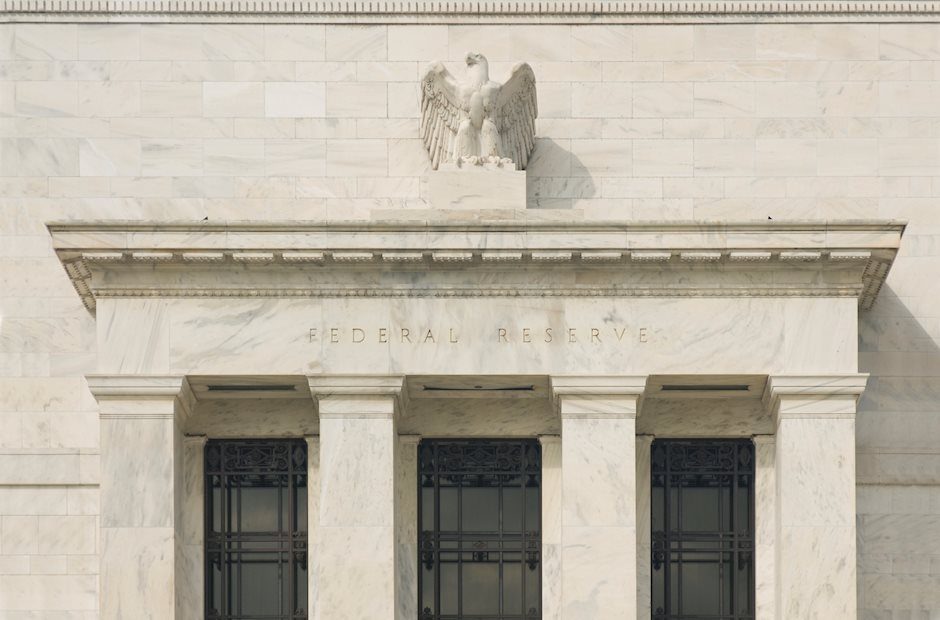Fed's Musalem: More rate cuts likely but data will drive policy choices

Federal Reserve Bank of St. Louis President Alberto Musalem said on Monday that he supports additional interest rate cuts as the economy moves forward. Musalem further stated that performance will determine the path of monetary policy, according to Reuters.
Key quotes
Further gradual reductions in the policy rate will likely be appropriate over time.
I will not prejudge the size or timing of future adjustments to policy.
Personal rate outlook is above the Fed’s median view.
Given where the economy is today, I view the costs of easing too much too soon as greater than the costs of easing too little too late.
That is because sticky or higher inflation would pose a threat to the Fed's credibility and to future employment and economic activity.
Supported Fed’s decision last month to cut rates by 50 basis points.
It is possible that inflation will cease to converge" on the 2% target.
But I believe the risks that inflation becomes stuck above 2% or rises from here have diminished.
Cooler job market is still consistent with a strong economy.
Financial conditions remain supportive of growth.
Some economic activity is slowed by rate policy, and election uncertainty.
The September jobs report was very strong.
The labor market is strong; it is healthy.
There is no emergency in the job market right now.
The jobs report didn't cause a change in outlook.
The current policy path is still appropriate despite the jobs data.
I don't pay much attention to the market pricing of the Fed outlook.
Won't prejudge the outcome of coming Fed meetings.
Fed's dot plot is helpful to understand Fed actions.
Market reaction
The US Dollar Index (DXY) is trading 0.03% lower on the day at 102.45, as of writing.
Fed FAQs
Monetary policy in the US is shaped by the Federal Reserve (Fed). The Fed has two mandates: to achieve price stability and foster full employment. Its primary tool to achieve these goals is by adjusting interest rates. When prices are rising too quickly and inflation is above the Fed’s 2% target, it raises interest rates, increasing borrowing costs throughout the economy. This results in a stronger US Dollar (USD) as it makes the US a more attractive place for international investors to park their money. When inflation falls below 2% or the Unemployment Rate is too high, the Fed may lower interest rates to encourage borrowing, which weighs on the Greenback.
The Federal Reserve (Fed) holds eight policy meetings a year, where the Federal Open Market Committee (FOMC) assesses economic conditions and makes monetary policy decisions. The FOMC is attended by twelve Fed officials – the seven members of the Board of Governors, the president of the Federal Reserve Bank of New York, and four of the remaining eleven regional Reserve Bank presidents, who serve one-year terms on a rotating basis.
In extreme situations, the Federal Reserve may resort to a policy named Quantitative Easing (QE). QE is the process by which the Fed substantially increases the flow of credit in a stuck financial system. It is a non-standard policy measure used during crises or when inflation is extremely low. It was the Fed’s weapon of choice during the Great Financial Crisis in 2008. It involves the Fed printing more Dollars and using them to buy high grade bonds from financial institutions. QE usually weakens the US Dollar.
Quantitative tightening (QT) is the reverse process of QE, whereby the Federal Reserve stops buying bonds from financial institutions and does not reinvest the principal from the bonds it holds maturing, to purchase new bonds. It is usually positive for the value of the US Dollar.
Author

Lallalit Srijandorn
FXStreet
Lallalit Srijandorn is a Parisian at heart. She has lived in France since 2019 and now becomes a digital entrepreneur based in Paris and Bangkok.

















